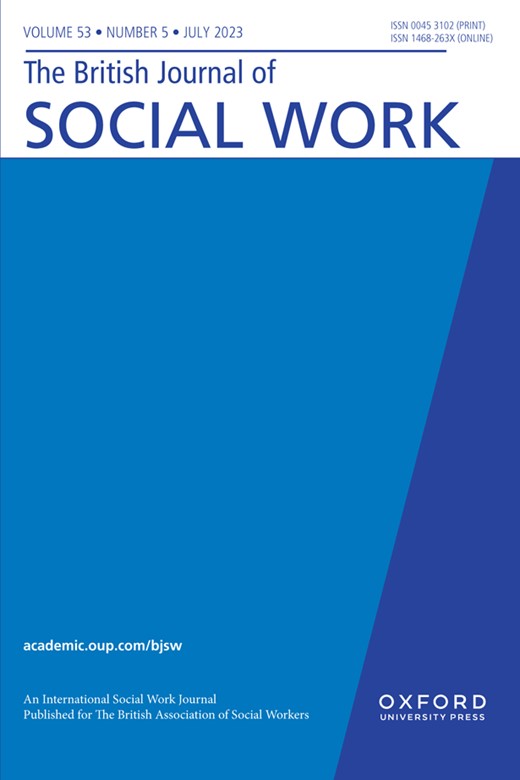-
Views
-
Cite
Cite
Aytakin Huseynli, Social Work Education in Post-Soviet Countries: Progress of Azerbaijan, The British Journal of Social Work, Volume 53, Issue 5, July 2023, Pages 2560–2580, https://doi.org/10.1093/bjsw/bcac225
Close - Share Icon Share
Abstract
The article presents the findings of a qualitative study that was conducted in Azerbaijan to identify achievements and issues of social work education in the country. As in many former Soviet Union (fSU) countries, social work education in Azerbaijan is in its infancy. Formal education was established in 2005. Currently, sixteen universities offer social work education at the bachelor’s, master’s and doctoral levels. Despite a relatively high number of graduates from these programmes, the country lacks professional social workers in the field. Thus, with financial support from the Ministry of Education, the Azerbaijan Social Work Public Union explored this paradox. Data were collected via focus groups and in-depth interviews. The sample size was thirty-nine key informants, which included representatives of the government and non-government agencies, universities, social work students and alumni. Data were analysed by NVivo software. Themes such as the high number of social work education programs, strong commitment to launch social work programmes, wrong image of social work, need for resources in the local language, need for social work teachers, need for the minimum national quality standards for social work education and an uninformed selection of social work education by students have emerged. The study aims to contribute to the literature on social work education in former fSU countries.




